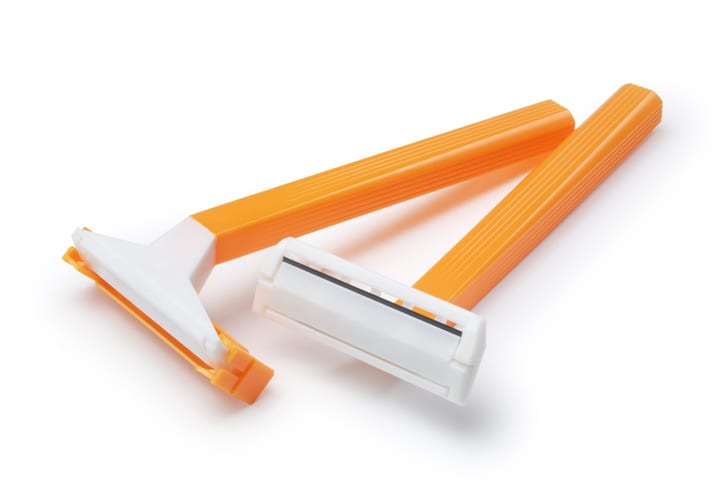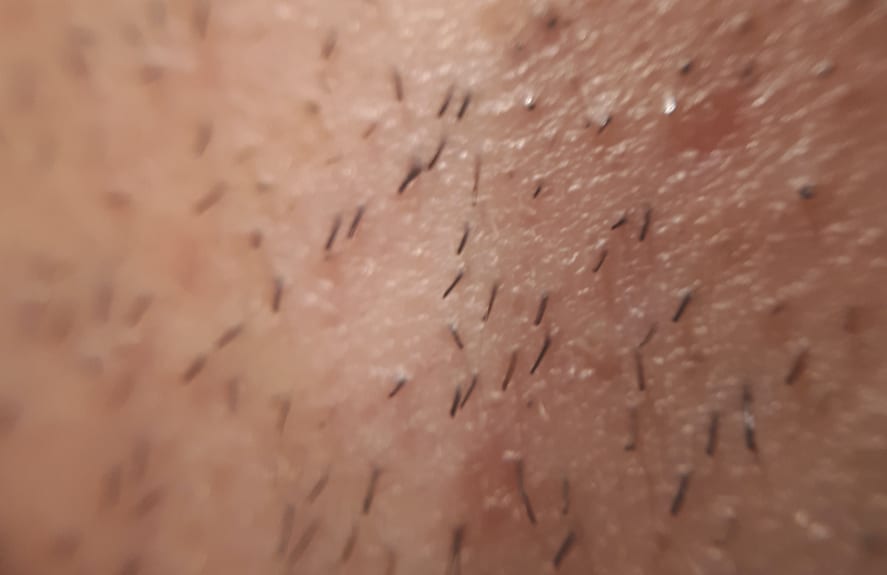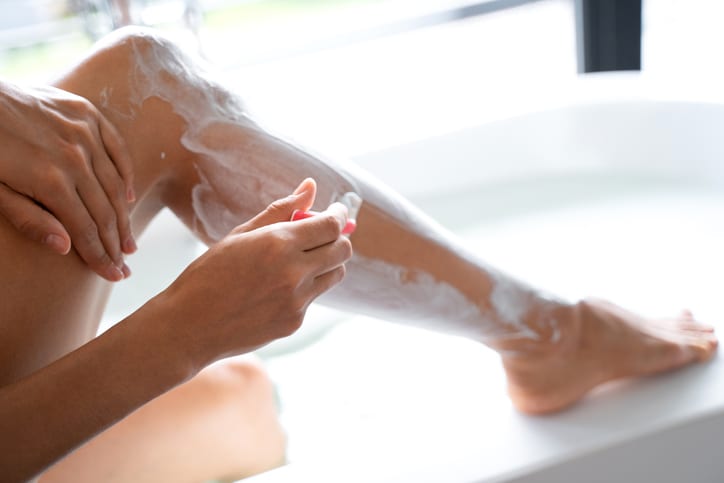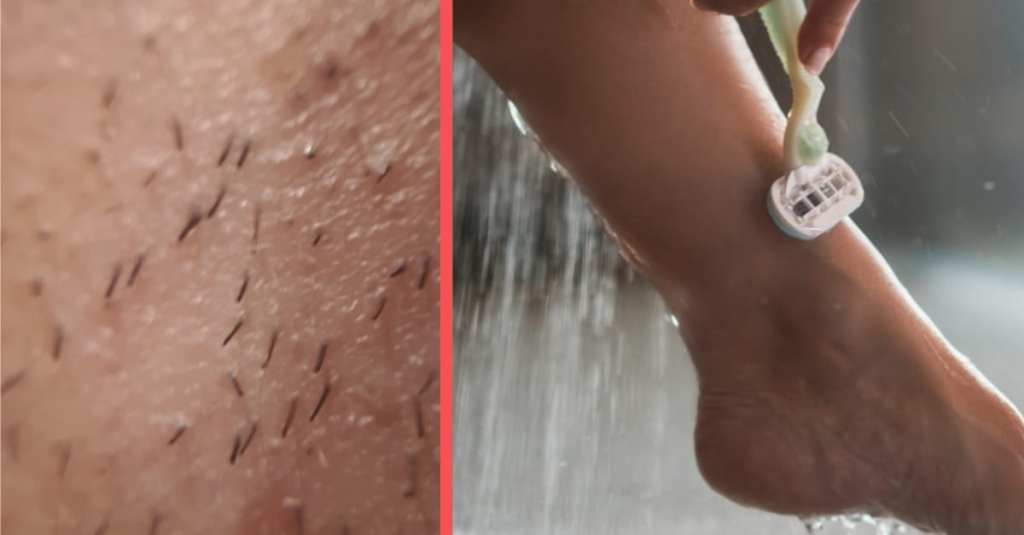Sure, your razor blade can cut your hair, but only so many times before it gets dull and you have to throw it away, right?
If you’re like me, you might have figured this was due to the blade just getting wet and rusty, but guess what?
Your hair is actually dulling that steel razor blade a little bit every time you use it – that’s how tough that stuff on your head really is.

Image Credit: iStock
How, though? And how strong is our hair?
Scientists say the answer is heterogeneity.
Your hair is softer than steel, after all – about 50x softer than the stainless steel used in razor blades, as a matter of fact. So, a team at MIT decided to find out why our razor blades dull so quickly, and published their results in a recent paper in Science.

Image Credit: iStock
One of the researchers, Gianluca Roscioli, shaved his own facial hair using disposable razors, and then took those razors into the lab to be scanned with an electron microscope.
What he found is that the edges of the metal were actually chipping and cracking after coming into contact with human hair.

Image Credit: iStock
From there, the team conducted more controlled testing, and found that, under the microscope, they could see that the chips were more likely to develop when hair bent before being cut. They tested different sorts of hair, different cutting angles, different directions of force, and different blade materials, and in the end, found that three conditions had to be present for chips to appear:
#1. When the blade approached the hair at an angle.
#2. When the blade was heterogeneous in composition.
#3. When the hair met the blade at a weak point.
C. Cem Tasan, one of the researchers on the study, said “our simulations explain how heterogeneity in a material can increase the stress on that material, so that a crack can grow, even though the stress is imposed by a soft material like hair.”
Heterogeneous means the blade’s material is not perfectly uniform. There are microscopic imperfections that allow chips to happen when it comes into contact with a hair.

Image Credit: iStock
One chip means there will eventually be more chips, and eventually, you get a dull blade.
As a next step, the researchers plan to work on finding a more uniform material that could result in a blade that stays sharp for longer.
I think we can all drink to that!






